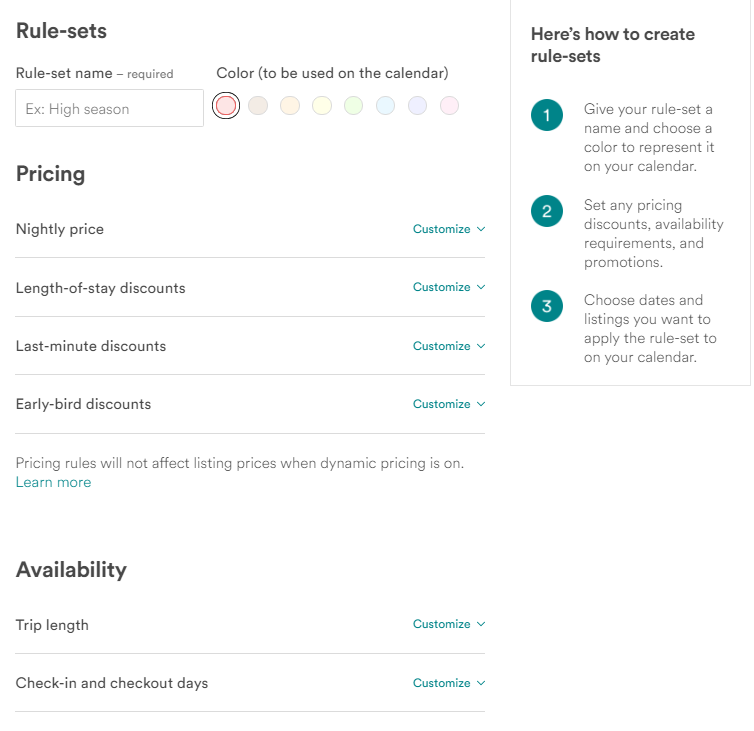

Oftentimes, the investors will also pool some of the rent to keep paying down debt and meet other obligations if some units are vacant. This means the company finds new tenants and takes care of all maintenance. The operating company retains a portion of the rent and manages the property. A REIG will buy something like an apartment building, and investors can buy units within it. REIGs purchase and manage properties and then sell off parts of the property to investors. Investing in a real estate investment group (REIG) is one way to keep the profit potential of private rental properties while possibly getting more upside than a REIT trading at a premium. If the REIT meets this requirement, it will not have to pay corporate taxes.Īdditionally, while selling a rental property could take months and mountains of paperwork, a REIT has the advantage of liquidity since they trade on stock exchanges. REITs tend to have high dividend payments because they are required to pay out at least 90% of their net income to investors. They can own anything: medical office space, malls, industrial real estate, and office or apartment buildings, to name a few. REITs are publicly traded trusts that own and manage rental properties. If you don’t want to put up with the headache of managing a rental property or can’t come up with the 25% down payment, real estate investment trusts (REITs) are an easy way to start investing in real estate. But if you charge enough rent to cover your mortgage payment, you’ll get the rest covered by your tenant, plus any price appreciation. When you buy rental property, you could need a down payment of up to 25%.

Depreciation (a noncash expense) and interest (which you pay no matter what), could make the property show an accounting loss even when you’re still making money. Under passive activity loss rules, you can deduct up to $25,000 of losses from your rental properties from your normal income if your modified adjusted gross income is $100,000 or less. You can also benefit from tax write-offs. You make money off rental properties from the rental income you receive from tenants and price appreciation if you sell the property for more than you paid for it. Depending on the lease terms, you may be on the hook for replacing appliances and paying for utilities. You’re responsible for upkeep, cleaning between tenants, big repairs, and paying property taxes. Many rental properties are rented for 12-month periods, but shorter-term rentals through companies such as Airbnb ( ABNB -2.45%) are becoming more popular as well.Īs the property owner, you are the landlord.

You buy a piece of residential real estate and rent it to tenants. Rental properties are the most hands-on option in this list. Here are the most popular real estate investment methods:

Image source: The Motley Fool What are my investment options?


 0 kommentar(er)
0 kommentar(er)
